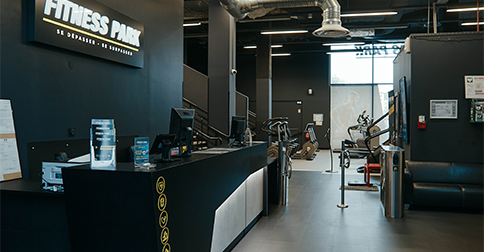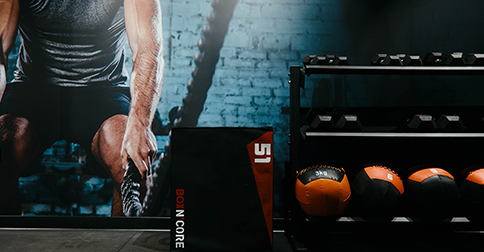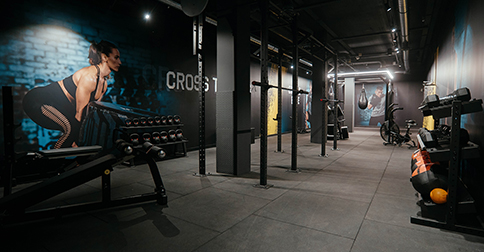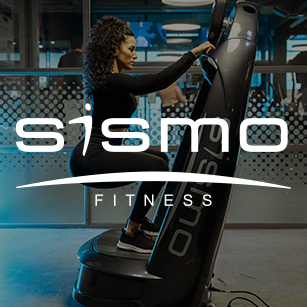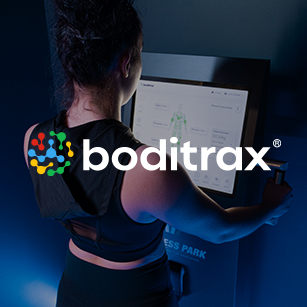Découvre le club Fitness Park Mulhouse situé en plein centre ville, dans le centre commercial Porte Jeune. Réparti sur plus de 800m², le club t’offre un large choix d’activités et d’équipements Technogym pour t’entraîner efficacement : musculation et cardio-training. Que ton objectif soit de te muscler, t’affiner ou te remettre en forme, Fitness Park t’accompagne dans ta réussite personnelle. Comment accéder à la salle de sport ? T1, T2 et T3. Arrêt : Gare Mulhouse Porte Jeune. Bus 12, 15 et 20. Arrêt : Porte Jeune. INFORMATIONS PRATIQUES SERVICES DU CLUB LES POINTS FORTS *En supplément Le club de sport Fitness Park Mulhouse, situé au pied de la Tour d’Europe t’accueille sur 800m² d’espace de pratique : musculation et cardio. Plus de 70 machines et équipements Technogym, disponibles en libre accès 7J/7. Retrouve des coachs sportifs disponibles pour tous tes entraînements. Retrouve un espace de 180m² pour tes séances de sports. Des programmes de base aux plus complexes, la salle de fitness et de musculation Fitness Park Mulhouse est équipée de matériel de musculation dernière génération Technogym pour atteindre tes objectifs lors de tes entraînements. Débute la musculation dans les meilleures conditions. Nos machines de fitness à charges guidées te permettent d’évoluer facilement pour atteindre tes objectifs sportifs. Progresse avec une préparation physique adaptée à tes objectifs, dans un espace conçu parfaitement pour tes entraînements. Entraîne-toi aussi comme un athlète. Retrouve des équipements de musculation à charges libres performants pour développer ta masse musculaire. Travaille l’ensemble du corps et améliore ta condition physique générale dans l’espace dédié aux entraînements cardio fitness. Entraîne-toi pour te remettre en forme, dépenser un maximum de calories, perdre du poids et développer ton endurance. Fitness Park Mulhouse met à disposition plus de 30 équipements de fitness et de cardio Technogym pour atteindre tous tes objectifs fitness : rameurs, vélos elliptiques, simulateurs d’escaliers ou encore tapis de course. Choisis l’excellence pour t'entraîner dans des conditions optimales ! Quel que soit ton niveau, nos coachs sportifs peuvent t’accompagner et te guider pour tes premiers entraînements. Mets en place un programme cardio-training adapté à ton objectif personnel pour rapidement progresser. Que tu sois à la recherche d’une meilleure forme physique ou d’une silhouette affinée, le cardio-training est la discipline à privilégier. Elle permet de tonifier les muscles et d’augmenter la résistance à l’effort. Pour compléter tes exercices cardio, utilise la plateforme d'oscillation SISMO présente dans le club Fitness Park Mulhouse. Nous proposons dans tous les clubs Fitness Park un espace Musculation, Cardio & Cross-Training afin que tu puisses venir t'entraîner dans les meilleurs conditions. Fitness Park te propose plusieurs offres au choix dès 19€/ 4 semaines* : Avec ou Sans Engagement avec l'offre classique, Access + et Ultimate et l'offre Jeunes. Découvre-les ! Nos coachs sont disponibles de 9h à 22h pour t'accompagner dans tes entraînements fitness et musculation. Il suffit de te munir de ta pièce d'identité, d'un RIB et le moyen de paiment de votre choix. Il ne te reste plus qu'à venir t'inscire !SALLE DE SPORT Mulhouse
Musculation, Fitness, Cross-Training, Biking & Cardio-Training
Samedi au dimanche 09:00 - 20:00
Samedi au dimanche 09:00 - 20:00
Fitness Park Mulhouse
Club de sport, fitness & remise en forme
Climatisation
Douche individuelle
Produit désinfectant
Wifi gratuit
Musculation
Cardio training
Cross training
Coaching particulier*
Programme d’entraînement personnalisé*
Boxing
Espace détente
Equipements haut de gamme
Service de qualité
Libre accès dans tout le réseau
ACTIVITÉS
Espace Musculation
Conçu pour développer ta force
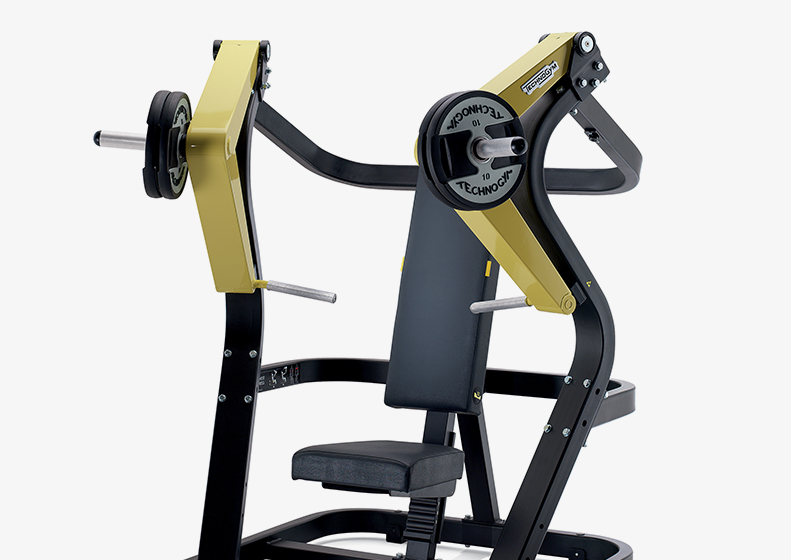
Espace cardio-training
Idéal pour te remettre en forme
Espace Cours Collectifs
Plus de 160 cours disponibles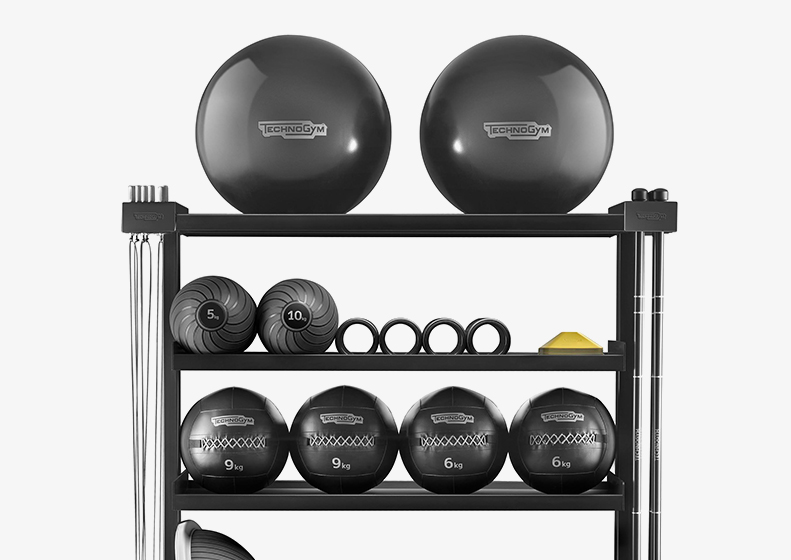
Questions &
RéponsesQuelles sont les activités proposées dans les clubs Fitness Park ?
Quelles sont les offres proposées dans les salles de sport Fitness Park ?
Y-a-t-il des coachs présents dans la salle de sport Fitness Park de Mulhouse ?
Quels documents faut-il pour s'inscrire dans une salle de sport Fitness Park ?
Pourquoi s’entraîner
chez nous ?
Fitness Park, la marque de fitness préférée des Français*
Un réseau de plus de 260 salles en France et à l'étranger
Espaces Cardio-Training, Musculation libre et guidée
Une communauté de passionnés !
Cage de Cross-Training et accessoires complets
Matériel haut de gamme et connecté
Cours collectifs vidéo exclusifs
Wifi gratuit
* Offre non cumulable valable pour toute souscription à un abonnement classic avec engagement d'un an soit 13 périodes de 4 semaines, hors l'adhésion de 30€ à l'inscription et la participation au renouvellement matériel de 9€ à régler une seule fois.
 Offre spéciale : Les 4 premières semaines à 19€
Offre spéciale : Les 4 premières semaines à 19€




